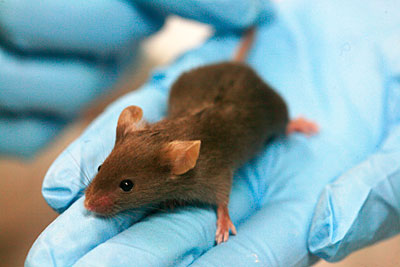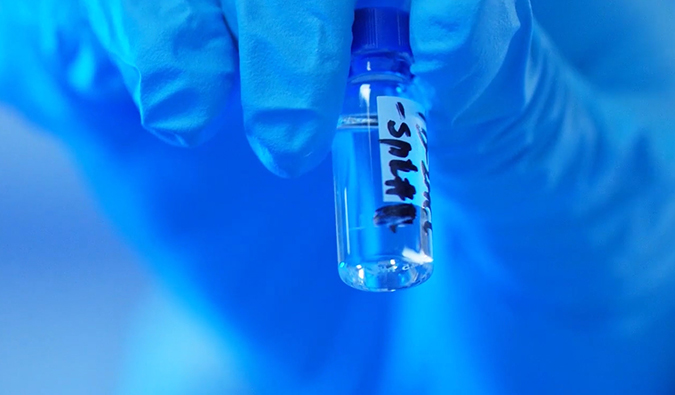近日,中國實驗室動物研究小組和英國3R計劃(即替代-Replacement、減少-Reduction和優化-Refinement實驗動物)國家中心(NC3Rs)的工作人員在中國舉行會議。會議中,中國首次公布了對待實驗動物的國家標準草案,並將在2016年年底正式實行。國家標準草案中設定了有關動物安樂死、疼痛治療、運輸、居住條件、養殖設施和培訓等多方麵的要求。

中國科學家們曾一再強調,由於國內缺乏對待實驗動物的國家標準規範,導致一些國際性的研究合作總是無法正常開展,因為其他國家的科學家們不願參與包含不受人道主義保護的動物在內的研究。此外,虐待實驗室動物事件最近屢屢遭曝光,因此國內反對虐待實驗室動物的浪潮也愈發高漲。中國科學家希望這一國家標準將會改善實驗動物的生活條件,並且促進中國與國際在學術領域的研究合作。
中國醫學科學院醫學實驗動物研究所所長秦川表示,新的國家標準基於國際上對待動物的最佳實踐標準。雖然中國此前並未規定相應的國家標準,但國內多省都可證實國內實驗室的做法基本符合全球公認標準。不過,國內的實驗室還是需要國家標準來統一戰線,明確如何才是對動物最好的做法。
附:英文版
China finally setting guidelines for treating lab animals
China has released its first national standards governing the treatment of laboratory animals, and scientists hope the guidelines will improve both conditions for animals and China’s prospects for international research collaborations.
The draft standards were posted last week for public comment and could be implemented by the end of this year. They cover such topics as euthanasia, pain management, transport, and housing. The standards also set requirements for breeding facilities and personnel training. Chinese scientists have said the lack of national regulations has stymied some international collaborations because scientists in other countries can be reluctant to engage in research involving animals if they are not covered by humane protections. In addition, there is growing domestic opposition to the mistreatment of lab animals because of recently documented incidents of abuse.
The new standards are based on international best practices, says Qin Chuan, professor of veterinary medicine and director of the Chinese Academy of Medical Sciences’s Institute of Laboratory Animal Sciences (ILAS) in Beijing. Though China has not had national standards previously, she says, most provinces certify that Chinese labs meet what are essentially globally accepted practices. Qin said national standards are needed bring all labs into line with what is best for the animals.
In 2014, China abolished a requirement that domestic cosmetic companies test their products on animals in order to gain approval for sale in the Chinese market. Both animal rights campaigners and consumers had scorned the old regulation, though there remains some confusion on how the current requirements apply to international producers.
China’s government has been under increasing pressure to go beyond cosmetics with national standards to cover a large and growing field. According to ILAS, China uses roughly 20 million animals—mostly mice, but also large numbers of dogs, rabbits, and nonhuman primates—each year in research. More than 300,000 people work in the lab animal industry in China.
The draft was made public during a conference held in China with Chinese lab animal research groups and the U.K. National Centre for the Replacement, Refinement and Reduction of Animals in Research (NC3Rs) in London. “It's encouraging that the 3Rs are right at the forefront of scientific discussions on animal use in research in China,” Mark Prescott, NC3Rs head of research management and policy, said in a statement. He added that for developing scientific powerhouses like China the challenge is to foster awareness of and action on lab animal issues quickly enough to match the growing research investment.















 相關新聞
相關新聞